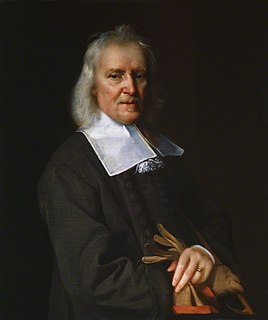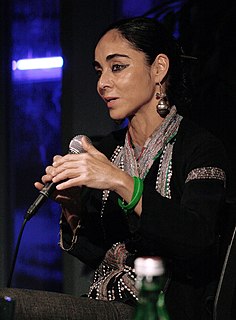A Quote by Charles Lamb
A man may do very well with a very little knowledge, and scarce be found out in mixed company; everybody is so much more ready to produce his own, than to call for a display of your acquisitions.
Related Quotes
People who know little are usually great talkers, while men who know much say little. It is plain that an ignorant person thinks everything he does know important, and he tells it to everybody. But a well-educated man is not so ready to display his learning; he would have too much to say, and he sees that there is much more to be said, so he holds his peace.
The saying that a little knowledge is a dangerous thing is, to my mind, a very dangerous adage. If knowledge is real and genuine, I do not believe that it is other than a very valuable posession, however infinitesimal its quantity may be. Indeed, if a little knowledge is dangerous, where is a man who has so much as to be out of danger?
Are we lost, or are we found at last? On earth we strive for our various needs, because so goes the fundamental law of man. Aloft, at least for a little while, the needs disappear. Likewise the striving. In the thoughts of man aloft, food and evil become mixed and sometimes reversed. This is the open door to wisdom. Aloft, the earth is ancient and man is young, regardless of his numbers, for there, aloft he may reaffirm his suspicions that he may not be so very much. This is the gateway to humility.
A man of the best parts and greatest learning, if he does not know the world by his own experience and observation, will be very absurd, and consequently very unwelcome in company. He may say very good things; but they will be probably so ill-timed, misplaced, or improperly addressed, that he had much better hold his tongue.
The best CEOs in our research display tremendous ambition for their company combined with the stoic will to do whatever it takes, no matter how brutal (within the bounds of the company's core values), to make the company great. Yet at the same time they display a remarkable humility about themselves, ascribing much of their own success to luck, discipline and preparation rather than personal genius.
One thing I found very interesting about comedians around the world was their knowledge of stuff outside of their own culture and comfort zone. That's not very common in the States. We produce our own soft power, which is pop culture, but we rarely try to absorb and learn information from other cultures and countries.
It is not enough merely to exist. It's not enough to say, "I'm earning enough to support my family. I do my work well. I'm a good father, husband, churchgoer." That's all very well. But you must do something more. Seek always to do some good, somewhere. Every man has to seek in his own way to realize his true worth. You must give some time to your fellow man. Even if it's a little thing, do something for those who need help, something for which you get no pay but the privilege of doing it. For remember, you don't live in a world all your own. Your brothers are here too.
Knowledge is inherent in man; no knowledge comes from outside; it is all inside. We say Newton discovered gravitation. Was it sitting anywhere waiting for him? It was in his own mind; the time came and he found it out. All knowledge that the world has ever received comes from the mind; the infinite library of the universe is in our own mind. The external world is simply the suggestion, the occasion, which sets you to study your own mind.
If it is not strong upon your heart to practice what you read, to what end do you read? To increase your own condemnation? If your light and knowledge be not turned into practice, the more knowing a man you are, the more miserable a man you will be in the day of recompense; your light and knowledge will more torment you than all the devils in hell. Your knowledge will be that rod that will eternally lash you, and that scorpion that will forever bite you, and that worm that will everlastingly gnaw you; therefore read, and labor to know that you may do--or else you are undone forever.
The first thing the reasonable man must do is to be content with a very little knowledge and a very great deal of ignorance. The second thing he must do is to make the utmost possible use of the knowledge he has and not waste his energy crying for the moon. The third thing he must do is try and see clearly where his knowledge ends and his ignorance begins.




































